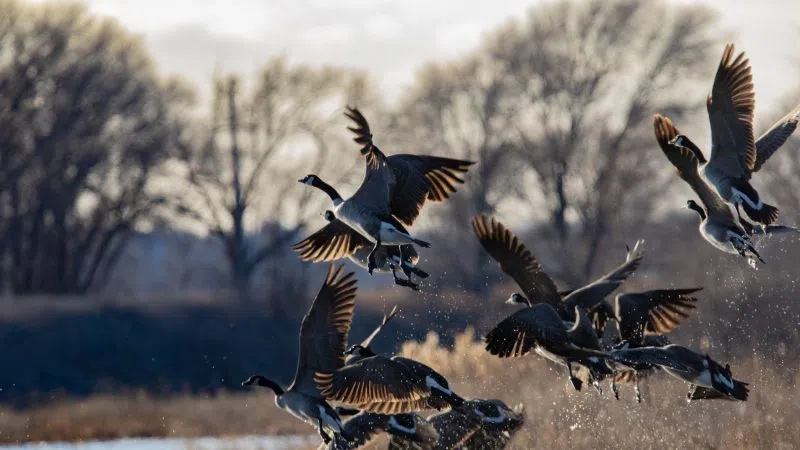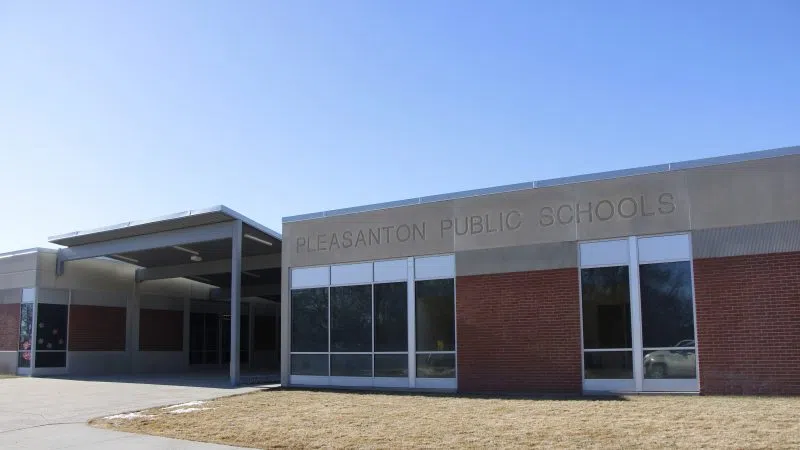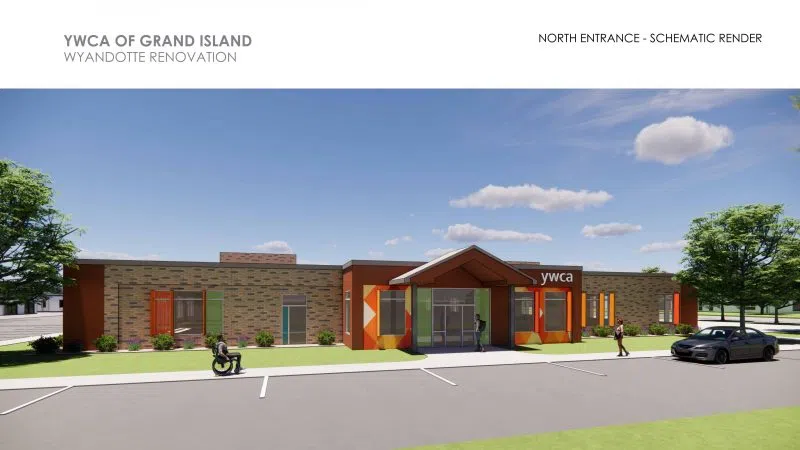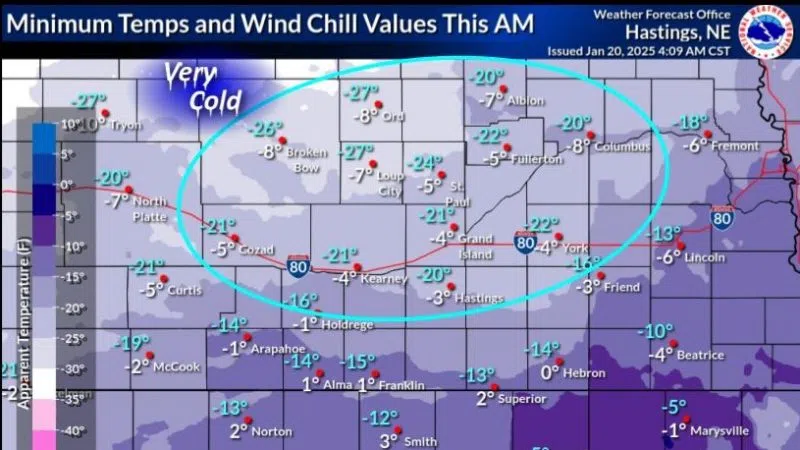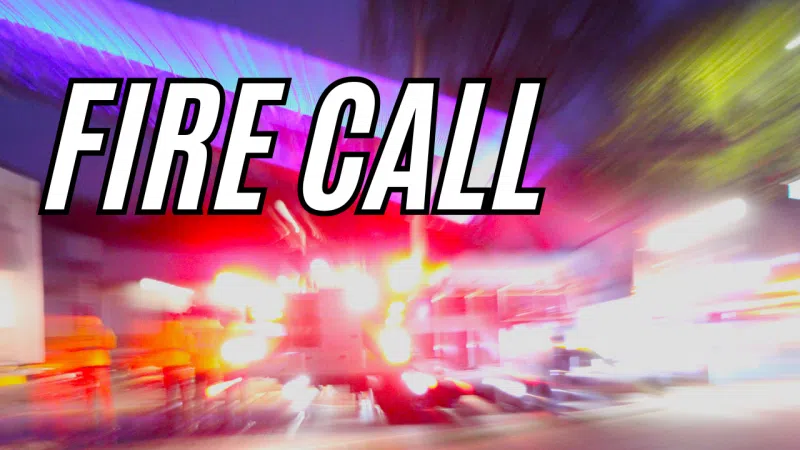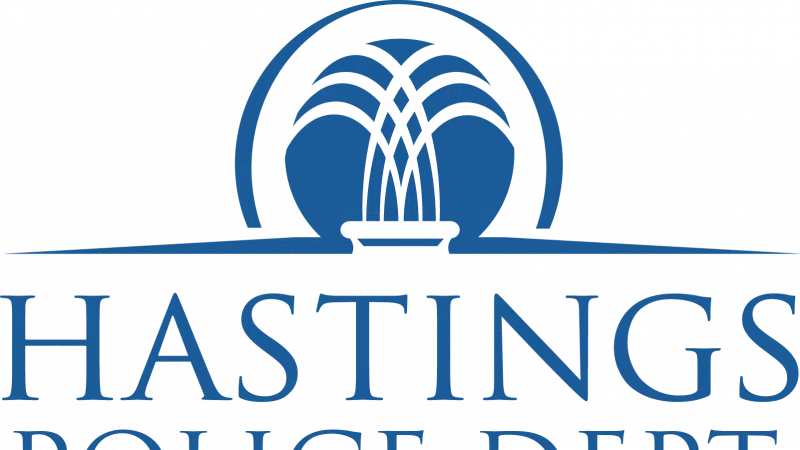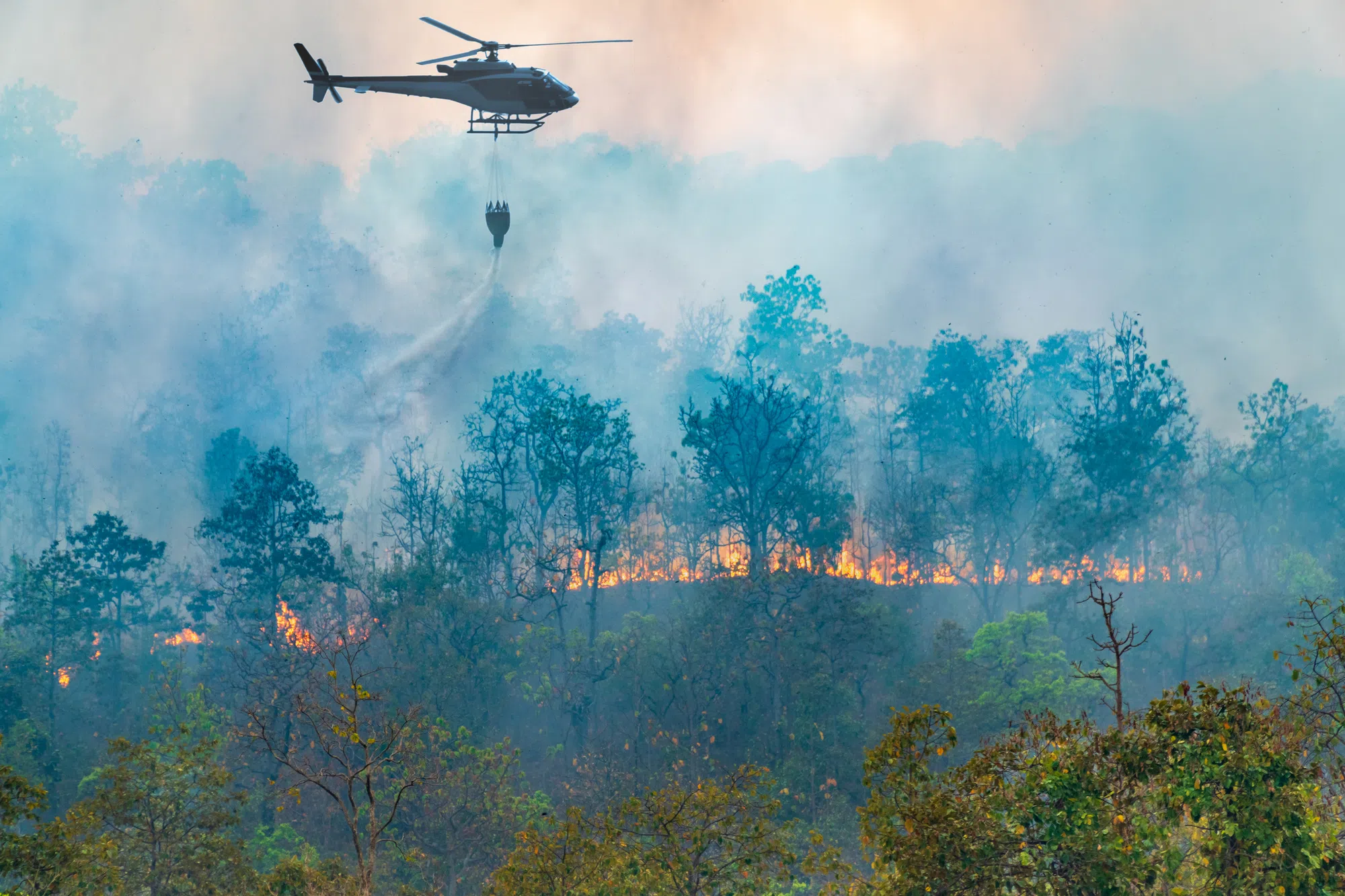
toa55 / Depositphotos.com
LINCOLN — Six Nebraskans volunteering with American Red Cross have been sent to assist with disaster recovery in southern California, as devastating wildfires rage across the Los Angeles area.
Thousands of firefighters — some sent from neighboring states, Canada and Mexico, and others from California’s Department of Corrections and Rehabilitation Fire Camp Program — are battling multiple wildfires across the 45 square miles of densely populated Los Angeles County.
As of Tuesday, Jan. 14, at least 24 people have died. About 88,000 people remain under mandatory evacuation orders and another 84,000 are under evacuation warnings.
Emily Holley, Regional Communications Manager for the American Red Cross of Nebraska and Southwest Iowa, says the six volunteers from Nebraska are among 350 Red Cross workers who are coordinating closely with partners on the ground to provide food, shelter, emotional support, and other critical services for Californians afflicted by the wildfires.
“Most of them are doing mass care or working in Red Cross shelters,” said Holley. “As of (Monday) morning, we had approximately 900 people staying in Red Cross shelters. These are folks who’ve evacuated due to the wildfires. Many of these folks are struggling with the fact that they’ve lost everything… so our Red Crossers are ensuring that our shelters are safe, welcoming, and that folks get what they need.”
At this time, over 40,000 acres have burned. The Palisades Fire, which covers the largest area of land at 23,713 acres, is only at 17% containment. Containment does not mean that a blaze has been completely extinguished. Rather, it refers to how much of a perimeter has been established around an active fire, preventing it from growing and engulfing more land.
Climate change, some scientists say, has made the grasses and shrubs that are fueling the Los Angeles fires more vulnerable to burning. Rapid swings between dry and wet conditions in the region in recent years have created a massive amount of tinder-dry vegetation that is ready to ignite.
Holley says more Nebraskans/Iowans are standing by and ready to be deployed to the impacted areas if needed.
“This is an evolving situation. A lot is going to depend on the containment of the fires. It will also depend on how many people are going to need sheltering going forward. This is a very large response. We will be there as long as we are needed.”
She says volunteers are typically deployed for 10-14 days. Volunteers are then able to come home and have someone cycled in their place.
One of the most important things which volunteers are providing, on top of food and shelter, is a listening ear.
“Quite a bit of our sheltering work involves talking to people. Being there to listen, sitting next to someone as they process what they’ve gone through,” said Holley. “As a Red Crosser, you are with someone on what is likely the worst day of their life.”
How to Help
There are a number of ways to help here at home.
Holley says volunteers are always needed, and positions can accommodate any ability or schedule. There are opportunities for new volunteers to deploy around the country to disasters, and opportunities for someone who wants to stay at home and provide that support locally.
“We have a spot for you,” she said.
Financial donations to the Red Cross can be made calling 1-800-RED CROSS (800-733-2767) or texting the word CAWILDFIRES to 90999.
As the wildfires continue to burn and affect air quality, the number of Red Cross blood drive cancelations has grown, impacting hundreds of blood donations. Donors of all blood types — particularly type O negative blood donors and those giving platelets — are needed. People can schedule a blood donation appointment by using the Red Cross Blood Donor App, visiting RedCrossBlood.org or calling 1-800-RED CROSS (1-800-733-2767).
The climate crisis has been a key driver in increasing the risk of wildfires in the western U.S. during the last two decades. With more frequent and intense disasters upending lives, the Red Cross is providing food, shelter and recovery support on a nearly continual basis to support people in need.
Additionally, Holley named the Salvation Army and Goodwill as other organizations which are able to collect donations of clothing and household items. She asked people to visit 211la.org to learn how to help.



